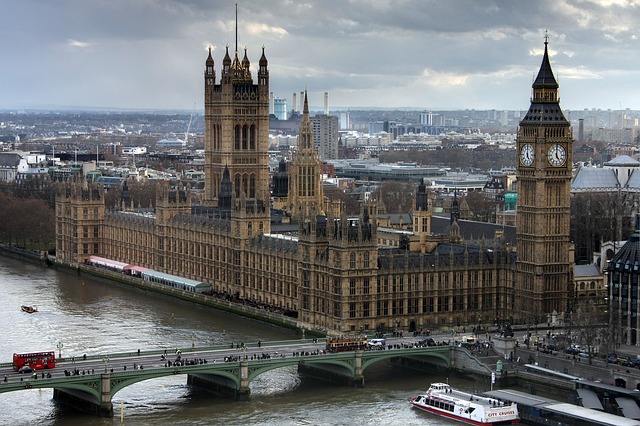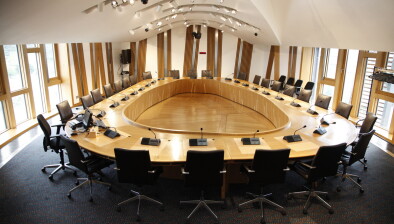MPs call for pause on deductions form benefits to ease cost of living crisis

The Committee called on DWP to pause the deductions
Automatic repayments to the UK Government and others owed by people claiming benefits should be put on hold to help households struggling with huge financial pressures during the cost of living crisis, MPs have said.
With inflation set to peak at its highest level for 40 years, the report from the cross-party Work and Pensions Committee highlights how the deductions from benefits, usually taken to recover money owed for a variety of debts and advances, are pushing some people into hardship and leading them to depend on foodbanks.
The Committee calls on DWP to pause the deductions and restore them gradually only as the rate of inflation reduces, or when benefits have been increased to accurately reflect the rise in prices.
In addition, the Committee recommends that the Government reviews and increases the benefit cap - which has remained frozen since it was lowered in 2016.
During the inquiry, MPs heard concerns that the current cost of living crisis, caused by rising energy, fuel and food costs, has exposed longer standing problems with the adequacy of the social security system. While measures announced by the Government have been broadly welcomed, the report urges the Government to limit the use of one-off payments and prioritise other options, with regular, predictable income better for households trying to manage a budget.
With the uprating mechanism for benefits falling out of step with spiralling inflation, the Department must work to increase the speed with which changes can be made to legacy benefit and state pension rates. The report concludes that current legacy benefit IT systems are not fit for purpose, with the April rise in benefits based on the inflation rate from seven months earlier.
Sir Stephen Timms MP, chair of the Work and Pensions Committee, said: “Inflation is at a 40-year high, with spiralling energy, food and fuel prices adding up to a cost of living crisis not seen for a generation and a bleak outlook for many families. Deductions by DWP from benefits are contributing to the hardship and the Government should give those struggling some much needed breathing space by following its own advice to other creditors and pausing repayments until the threat of inflation recedes.
“Ministers also need to urgently review and uprate the benefit cap. The decision to exempt cost of living payments from the cap suggests the Government knows it is set too low to effectively cover households’ now rapidly rising costs.
“A properly functioning social security safety net should be agile enough to respond to worsening economic conditions, but the high levels of inflation have laid bare the dysfunctional nature of parts of the system - not least that any increase in benefits is already seven months out of date when it takes effect.”
He added: “While the Government’s emergency measures and one-off payments are welcome, there is no substitute for regular, predictable income when it comes to households trying to get by. Lump sum payments may not be needed if uprating was not so impotent in the face of rising prices. The Government must urgently increase the speed with which the DWP’s systems can make changes to benefit and pension rates to make sure the social security safety net lives up to its name for the most vulnerable people in our society.”
Welcoming the report, Citizens Advice Scotland spokesperson Stephanie Millar said: “People who are claiming benefits are in no position to lose any of that income during the current cost of living crisis so it is simply cruel to deduct any of it. We urged the committee to recognise this in our submission and we are pleased they have done so.
“This is only a first step however. What we need for the longer term is a debt recovery process that is based on a robust holistic income check that better reflects people’s ability to pay, such as the Common Financial Statement.”
A DWP spokesperson said: “We’ve reduced the amount that can be taken through benefit deductions twice in recent years to no more than 25%. We’ve also doubled the time period over which they can be repaid and claimants can contact DWP to discuss deductions if they are experiencing financial hardship.
“We recognise people are worried about the impact of rising prices, that’s why we’re providing £37 billion of additional cost of living support. This includes £1,200 in direct payments for eight million low-income households, most of whom received an initial £326 earlier this month.
“As part of our support package, we’ve also frozen energy deductions on Universal Credit, meaning any new request from energy suppliers for bills to be paid directly from benefits, or for an existing payment to rise, is denied unless the claimant also requests it.”







